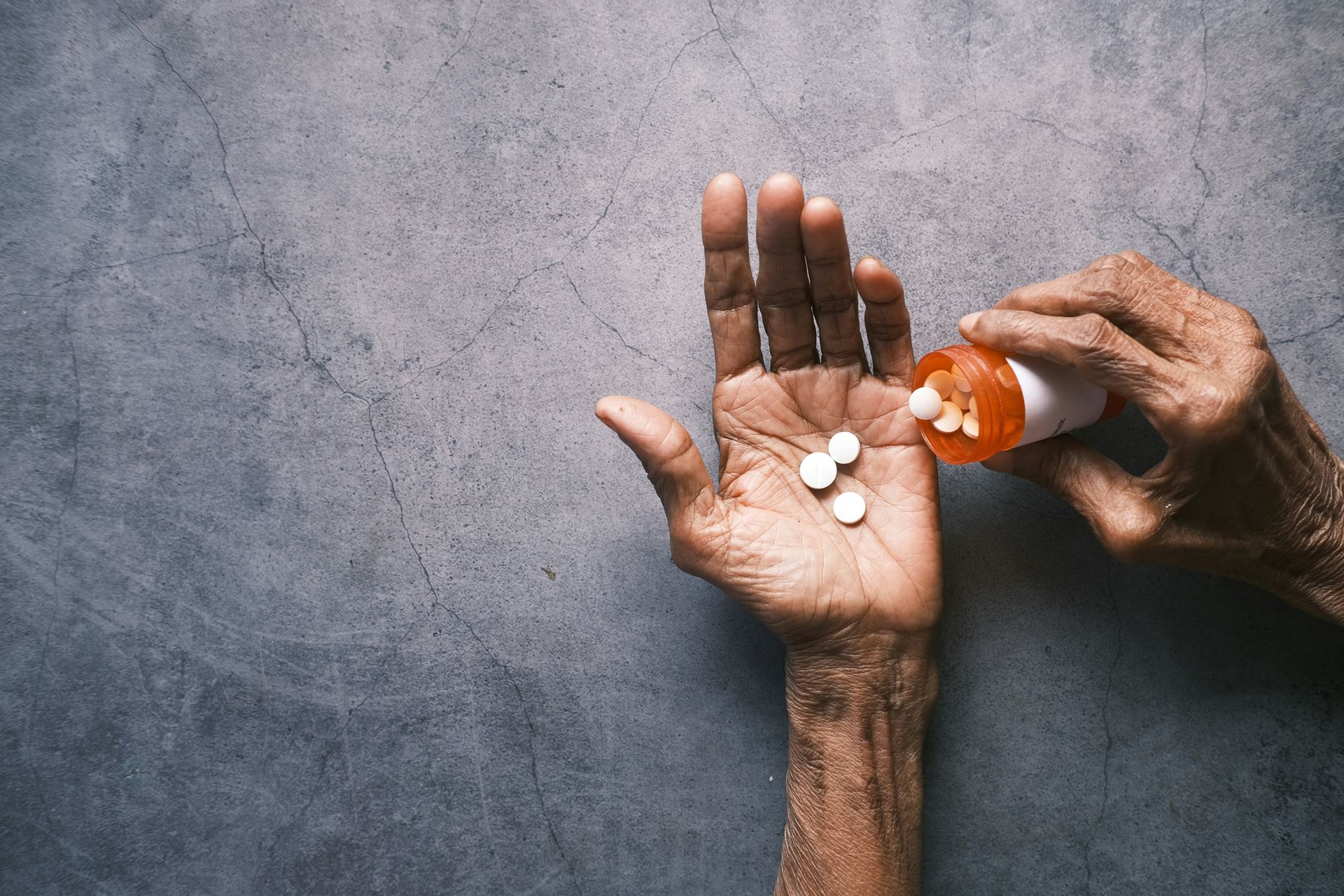Diabetes
What is Diabetes?
Diabetes is a condition where the human body is not able to mange the level of sugar in our blood properly.
Everyone has sugar in their blood and it is vital for life. We use sugar as a source of energy and it gets to different parts of the body in our blood.
In someone without diabetes, the body is able to keep the level of sugar in out blood within a certain range.
If blood sugar levels are not kept within a normal range this can cause both short term, and long term problems.
How Does Our Bodies Control Blood Sugar Levels?
The pancreas (pan-cree-ass) is an organ that sits behind your stomach.
One of it's main functions is to produce a hormone called insulin.
Insulin is released by the pancreas and acts on the cells of the body telling them to absorb sugar from the blood.
When the body identifies that blood sugar levels are going up (such as after eating) it tells the pancreas to release more insulin. This then tells the cells of the body to absorb more sugar from the blood allowing us to keep sugar levels in a strict range.
What Happens in A Diabetic Patient?
When talking about diabetic patients we usually talk about Type 1 and Type 2 diabetes. The reason Type 1 Diabetic patient and Type 2 diabetic patients can't control their sugar levels are different and so each will be explained seperately
Type 1 Diabetes
Patients with Type 1 diabetes do not produce any insulin. This means that they have no way of controlling their blood sugar levels. Patients with Type 1 diabetes tend to present as a child with weight loss, increased thrist and increase urine production. This is because the only way for the body to get rid of the excess sugar in their blood is to pass it out into their urine meaning they also lose a lot of water. Also, as the cells of the body are unable to use the sugar in the blood they have to use other sources of energy resulting in weight loss.
The complete lack of insulin production is why all Type 1 diabetics must take regular insulin
Type 2 Diabetes
There are two issues that tend to occur in type 2 diabetes. Firstly the pancreas does not produce as much insulin as it needs to. Unlike type 1 diabetes the pancreas still produces some insulin but not enough. The second issue is that despite there being some insulin being produced, the cells in the body don't respond as well as they should do.
What this means is that the body is producing less insulin and what it is producing isn't affecting the cells as well meaning that less sugar is removed from the blood into the cells.
How Do We Treat Diabetes?
Treatment of diabetes is a combination of dietary changes and medication.
Diet
Dietary changes are crucial as our blood sugar levels are directly related to the food we eat. If we eat high sugar foods this will increase our blood sugar levels more.
If your diet is high in sugars, your diabetic control will likely remain poor even if you are taking medication
Medication
Medication for diabetes can be split up into tablets and injections
Tablets- there are several tablets that can be used to treat type 2 diabetes. These work in different ways but can each reduce blood sugar levels
Injections- The most commonly used injection is insulin. This is used for all Type 1 diabets but can also be used in Type 2 diabetes. There is another injection that can be used in Type 2 Diabetes
How Do We Monitor Diabetes?
The main way we monitor a paient's diabetic control is through a blood test called HbA1c. This test shows what blood sugar levels have been over the previous 3 months.
In a patient without diabetes HbA1c levels will be <41 while in a diabetic patient it will be >48. the higher the number, the higher the patient's blood sugar levels have been.
Aside from monitoring HbA1c we also monitor patients at least yearly for any damage from diabetes including:
- Checking feet
- Checking other blood tests to monitor the kidneys and liver
- Checking urine to assess for kidney disease
- Eye tests
- Monitoring blood pressure
- Monitoring cholesterol levels
What Could Happen If You Don't Treat Diabetes?
Short Term Complications
Diabetic Ketoacidosis (DKA)- This is one of the most serious complications of diabetes and left untreated is fatal. If diabetic patients have no insulin in their body they are unable to use any of the sugar in their body. They therefore have to break down fat in their body as a food source. This produces something called ketones. Ketones are able to pass into the brain and can result in:
- Confusion
- Coma
- Death
Long Term Complications
Retinopathy- This is damage to the back of the eye caused by poorly controlled diabetes. It can result in visual loss and blindness
Cardiovascular disease- Diabetes is one of the leading risk factors for heart disease and strokes. This risk can be minimised by improving diabetic control
Nephropathy- This is kidney damage and results in reduced kidney function
Neuropathy- This is damage to nerves. It can cause pins and needles, loss of sensation, and pain. It also increases the risk of damage to your feet as feeling in the feet is lost
Vascular disease- This is narrowing and blockage of blood vessels. It can cause reduced blood supply to your feet and legs. In the most extreme cases this can result in insufficient blood supply to your legs causing pain and in extreme forms tissue damage and the need for surgery
External Links
NHS Diabetes Website: Diabetes - NHS (www.nhs.uk)
Diabetes UK: Diabetes UK - Know diabetes. Fight diabetes. | Diabetes UK
Page created: 08 October 2020
